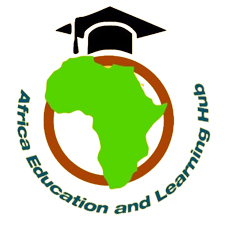| dc.description.abstract | The 2030 Agenda for Sustainable Development is a plan of action for people, planet and prosperity. It comprises 17 Sustainable Development Goals (SDGs). These goals are indivisible and encompass economic, social and environmental dimensions. Referring to SDG 4, the aim is to “ensure inclusive and equitable quality education and promote lifelong learning opportunities for all” and comprises 10 targets. These targets demand new requirements for countries in terms of reporting data to measure the progress made towards these SDG4 visions. Referring to the data collected and reported by various countries, it is noted that there are a number of missing information whereby data is incomplete or non-existent at all. Thus it is very difficult to monitor the country's status in terms of the SDG4 targets which have been attained.
The centrality of early childhood development to the developmental initiatives to which the Governments are a party (such as the Sustainable Development Goals) is founded on an ever- growing body of evidence which confirms that a nation’s development depends on the extent to which it can unlock the potential human capital inherent within its very youngest population. This in turn depends on the extent to which Governments secures or provides the conditions necessary for the realisation of the right of every infant and child to develop “his or her potential to the maximum extent possible, to become physically healthy, mentally alert, socially competent, emotionally sound and ready to learn – cognitively, socially, emotionally, physically and psychosocially – to their full potential”.1 | en_US |

